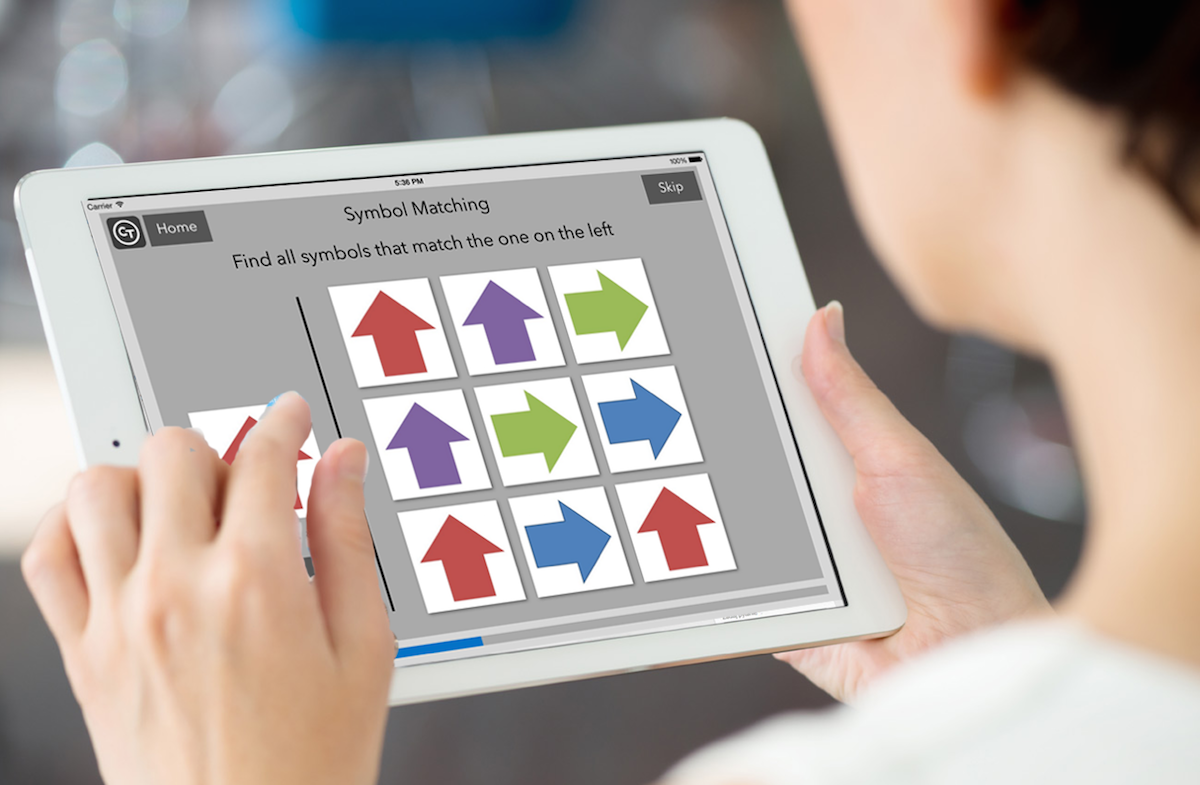Startup Constant Therapy Is Using Technology to Improve Brain Rehab

Constant Therapy photo provided
Constant Therapy, a company born out of Boston University, is using a straightforward idea to achieve major results: helping people recover from traumatic brain injuries, aphasia, stroke, and more.
“We did something really simple,” explains CEO Keith Cooper. “We took the therapy that had been delivered for decades in the clinic on paper, pencils, flashcards, and in workbooks, and we just digitized it.”
Constant Therapy’s platform now contains 60,000 quick games and exercises that help patients build brain function, and allow doctors to analyze their progress. Bringing these techniques into the digital realm allows the team to take clinically proven rehabilitation exercises and, well, make them better—that is, more engaging, mobile, accessible, and data-driven.
“Using the cloud, the data can help your clinician see exactly where you are in your recovery, how you’re improving,” Cooper says. “It’s not, ‘Hey, how are you feeling on a 1-10 scale?,’ which isn’t always reliable. Suddenly, we have a statistical, quantifiable vision of progress. We can know without a shadow of a doubt what works and what doesn’t.”
The app offers 64 categories of individualized exercises, largely focused on reading, comprehension, memory, and following commands. Roughly half involve building a particular skill set like a muscle, identifying directions and the order in which they were given. (Things such as, “Put the pencil next to the rabbit, then move it to the left.”) Cooper is quick to note, though, that Constant Therapy is not one of the mental workout apps you might’ve tried. “They might be fun, but they’re not for clinical applications,” he notes. “What we’re doing is totally science-based.”
Constant Therapy is also contributing to science, using patient-driven data to learn more about brain injury and recovery. In recognition of its work, the platform won the American Heart Association’s People’s Choice Award for 2015, and AARP’s Consumer Choice Award for 2015.
“I basically found out about the company and fell in love,” Cooper says. “It has a double bottom line: There’s a huge market for it, it’s very practical, and on a research level, very exciting. It’s just a beautiful idea.”


